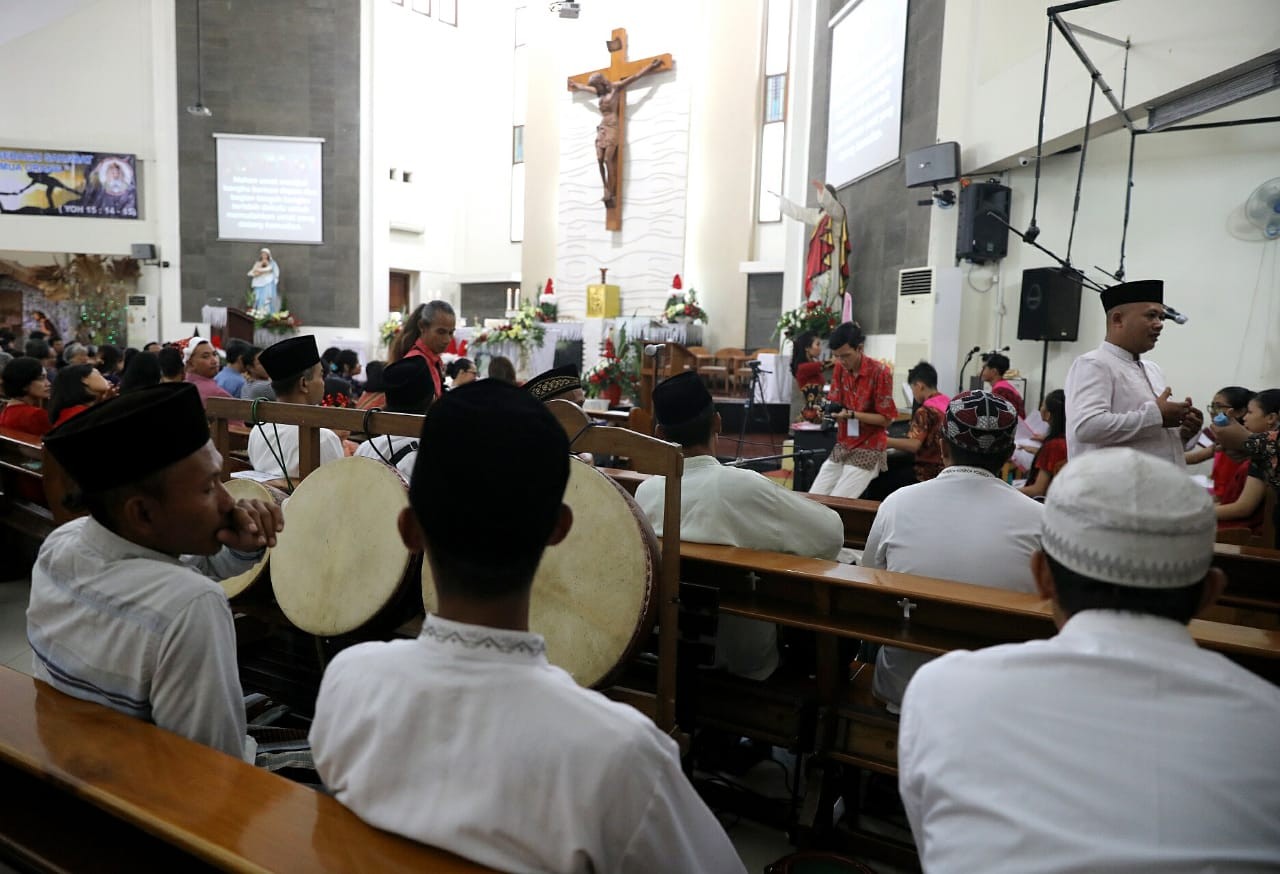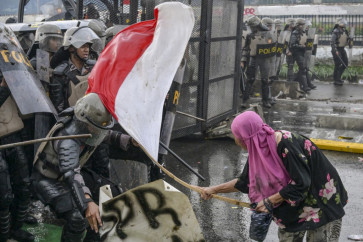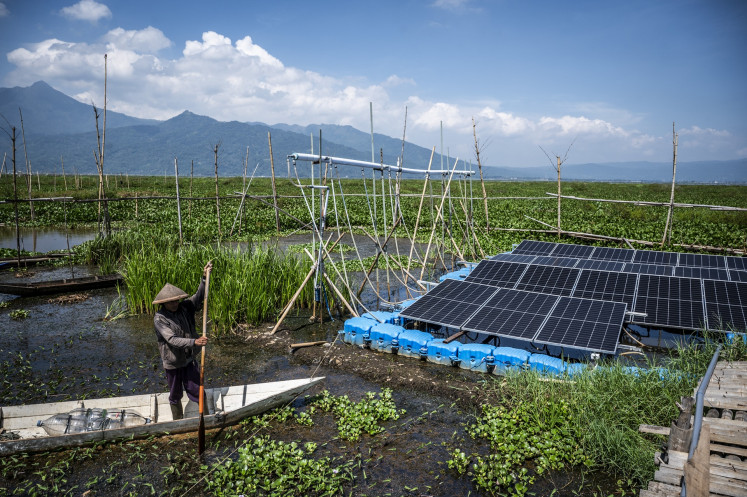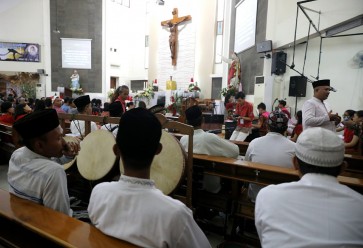Popular Reads
Top Results
Can't find what you're looking for?
View all search resultsPopular Reads
Top Results
Can't find what you're looking for?
View all search results‘Pesantren’ lead the new jihad to uphold peace
Many young people today grow up surrounded by misleading narratives, both online and in public discourse, that frame religion through the lens of fear or hostility.
Change text size
Gift Premium Articles
to Anyone
H
ate speech and religious intolerance in Indonesia have seen a worrying surge online in recent years. Much of it targets Muslim groups labeled as “deviant”, or manifests through political narratives that exploit religion for power.
A study by the Monash Data & Democracy Research Hub found a sharp surge of hate content on social media platforms such as TikTok and X during the 2024 election, using religious rhetoric to inflame division among citizens.
Beyond the digital sphere, intolerance continues to manifest in more tangible ways. Reports from the National Commission on Violence Against Women (Komnas Perempuan) and the Setara Institute human rights watch reveal that acts of religious discrimination persist, from the rejection of permits for houses of worship to disruptions of religious gatherings held by Islamic minority groups such as the Ahmadiyah and Shia and non-Muslim minority communities. Though these may appear as isolated incidents, together they reflect a deeper erosion of social empathy and mutual trust.
Amid the growing number of cases of discrimination and persecution against minority groups, one cannot help but ask: Why is it still so difficult for fellow Muslims to live peacefully side by side? This phenomenon reflects a form of religious intolerance, where differences in interpretation and school of thought give rise to social distance, stigma and even violence.
In these challenging circumstances, pesantren (Islamic boarding schools) hold a strategic position. While these institutions have long served as moral and spiritual anchors for their surrounding communities, today they bear an even greater responsibility to act as agents of peace, nurturing the values of tasamuh (tolerance), tawazun (balance) and ta’adul (justice) within society.
The rise of intolerance, social polarization and hate speech, both in public spaces and online, have undeniably challenged our collective ability to preserve Bhinneka Tunggal Ika, the spirit of unity in diversity that defines Indonesia’s identity. For pesantren, however, this challenge is not new; it goes to the very heart of their enduring teachings: to have faith with understanding, to practice religion with compassion, and to seek knowledge with humility.
In many parts of the world, religious institutions struggle to defend their teachings from political exploitation or extremist distortion. Indonesia’s pesantren, however, stand apart. They embody a delicate balance between faith and reason, between devotion and dialogue. Rooted in the principle of Islam rahmatan lil alamin (Islam as a mercy to all creation) pesantren have, from their inception, nurtured peace through coexistence rather than confrontation.



















